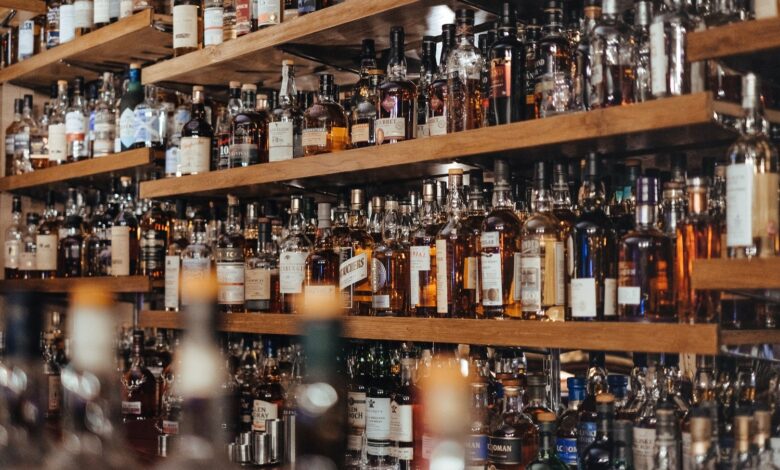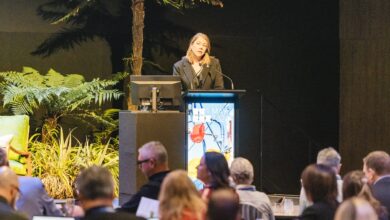
Alcohol bill will not minimise harm, says Hospitality NZ
Proposed Bill has potential to cause unintended consequences for licence holders
While Hospitality New Zealand (HNZ) supports the harm minimisation aims of the Sale and Supply of Alcohol (Community Participation) Amendment Bill, which has passed its First Reading in Parliament, the organisation says it is skeptical the bill will fulfil its intention.
HNZ Chief Executive Julie White says the bill will cause unintended consequences for licence holders, and removing the right of appeal against Provisional Local Alcohol Licences, changing the way councils can treat existing licenses and altering District Licensing Committee hearings will not solve problems caused by harmful drinking.

Our latest AccomNews print issue is available now. Read it HERE
“The bill will not measurably influence alcohol harm minimisation, despite the amendments made to it,” Ms White said.
“If the aim is to increase community participation and to smooth the process, then it is hard to understand how this will be achieved as the Local Alcohol Policies (LAP) process at Local Councils will not change.”
Ms White said HNZ supports the bill’s harm minimisation aims but doesn’t believe it will work as intended – and there will be unintended consequences for licence holders.
“The bill allows District Licensing Committees to take new LAP into account when considering renewals, including the ability to decline license renewals if they are viewed as inconsistent with any new LAP,” she said.
“But if a new LAP imposed license density restrictions or buffer zones, then these could be grounds for declining renewals, and that would create immense uncertainty for licence holders and the future of their business.
“Removing the requirement for objectors to have greater interest than the public generally would mean anyone from anywhere, including by video link, can object and this does not increase a community’s voice over alcohol sales.
“Removing the right of appeal against provisional local licenses sets a dangerous precedent, given that appeal rights are an important check and balance against flawed policies inconsistent with the objectives of the Act.
“The proposed restrictions will not fix the alleged problem and will still allow the challenge of an LAP through the superior courts through a judicial review.”
Ms White said Hospitality NZ believes reducing access to alcohol does not automatically mean a reduction in harm.
Before the implementation of the Sale of Liquor Act in 1989, she said, there were some 3000 licences across New Zealand.
“There are now 11,000, but since 1986 alcohol consumption has been decreasing, and is now down 25 percent,” she said.
“More licenced premises and more places to purchase alcohol has not translated into higher consumption, as this bill assumes.
“Hospitality venues recognise the harm alcohol can do when not enjoyed responsibly, which is why we support moves around harm minimisation.
“And that’s why we will engage fully in the more thorough review of the Sale and Supply of Alcohol Act announced by the Minister of Justice, Hon. Kiritapu Allan, recently.
“Venues run by responsible hosts remain the safest place for people to be social and safely and responsibly enjoy alcohol.”

AccomNews is not affiliated with any government agency, body or political party. We are an independently owned, family-operated magazine.







